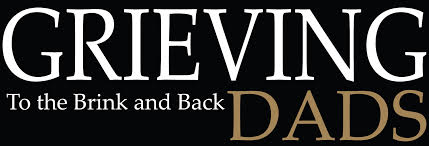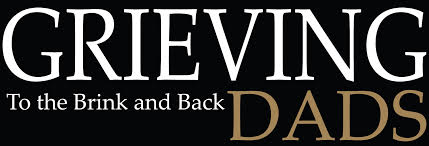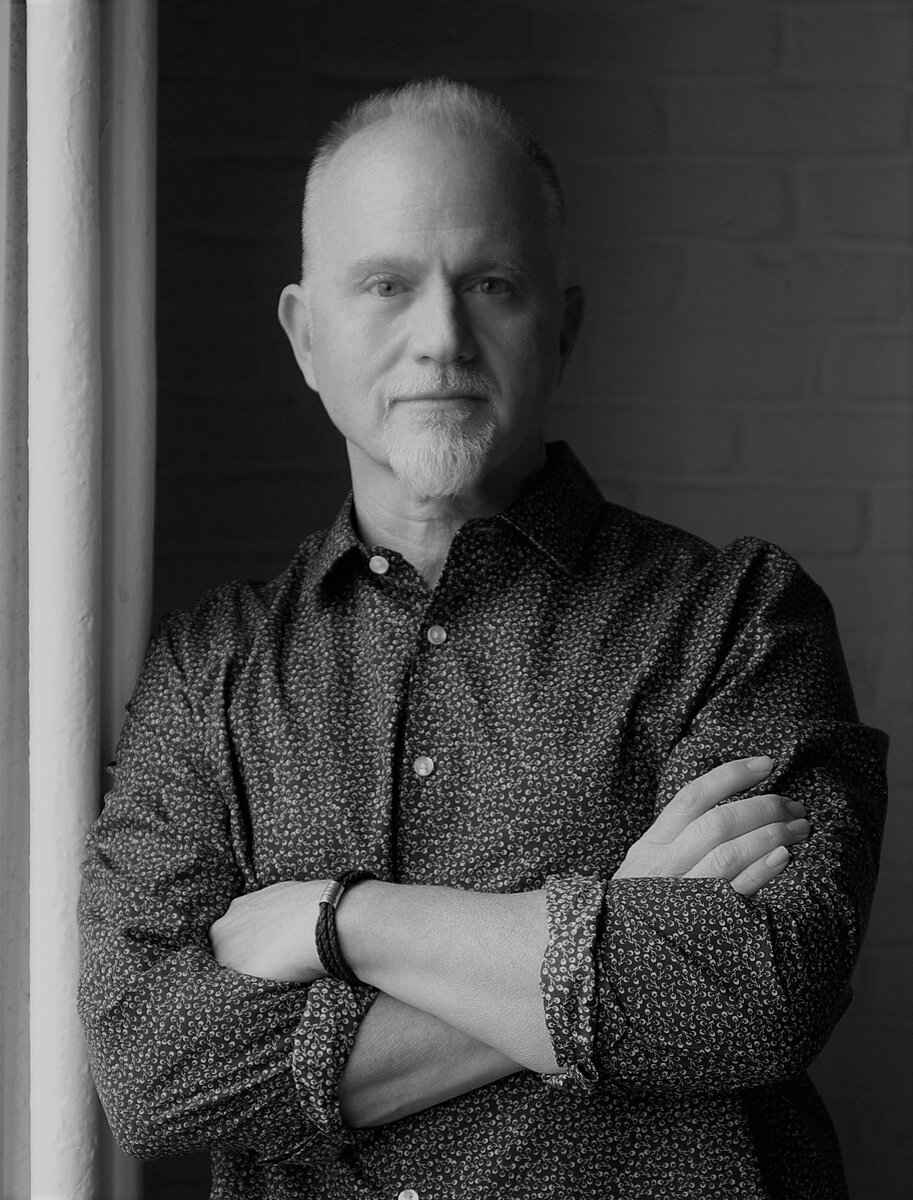About Me
About Me
I grew up in a typical blue-collar Midwest town in Iowa, where working hard was a way of life.
Men were expected to “toughen up” when things became rough.
You had to push through; there wasn’t room for “weakness.” When things became too much, you put your head down and you fought your way through it. Nobody talked about the pain they might be carrying regardless of the severity.
I learned this from my dad and I suspect he learned it from his dad. Every other male figure in my life lived by these rules. Rules that I was taught and subscribed to. I just assumed it was the right way to deal with things.
Looking back, I now realize that alcohol and other forms of self-medication played a major role in helping these men cope with their pain. Interestingly, I do not remember seeing a grown man cry until I was well into my thirties.
Although I found my way out of that blue-collar town, I still carried many of the life lessons with me when I moved to Chicago with my girlfriend after we graduated from the University of Iowa in 1994. Both of us were freshly equipped with engineering degrees and ready to take on the world. We didn’t have the luxury of taking time off after graduation to enjoy our hard work, we financed our way through college and the loans would be stating soon.
We were fortunate to find great jobs and success in our new profession. Climbing the corporate ladder became important to us since we were the first in our family to graduate from college, and we wanted to prove that we were a success. We kept telling ourselves, “If we worked a little longer and saved more money, we would be in a good financial position to have children.” We became so busy being busy that we put off starting a family.
However, in 2003 we decided that it was time to have a child. We soon found out that just because you are ready for a child, it doesn’t mean it will just happen. We were planners, and not being able to conceive when we wanted to was not part of our plan. After a series of fertility treatments, we conceived our daughter Katie. We were excited to be parents, but that excitement turned to sorrow when we lost Katie in the Fall of 2004. My worst nightmare became a reality.
I did what I had been taught to do growing up in that blue-collar town; I toughened up and pushed through the pain I was feeling. I did what every “man” is supposed to do; I became focused on helping Christine through this tragic event. I buried my pain and grief somewhere deep inside and never talked about it. Instead of turning to the bottle, I turned to seventy-hour work weeks to take my mind off the pain. I didn’t want to think about it, and I knew that if I stayed ahead of the pain, I could outrun it.
About a year later, we decided that we would try to conceive again with the help of fertility treatments. This time it was a little boy, and we felt blessed that little Noah was going to be a part of our lives. Noah passed away in the summer of 2006. My life would be changed forever, but this time I couldn’t bury the pain nor hide from it.
I didn’t want to get out of bed, and for the most part, I didn’t for about three months. All of the pain from the loss of Noah and all of the pain I buried deep inside after the loss of Katie rushed to the surface. I couldn’t function and felt like I lived in a constant fog.
I tried to fight the pain for a short period of time, but the burden was extremely heavy, and it wasn’t letting up. I wanted to run away from everything but didn’t know where to go. I was too devastated to make it happen.
I would sit in my office searching for information and clues as to what was wrong with me. My doctors told me I had depression, but I didn’t believe them. I told myself that “something else must be wrong with me.” I thought my upbringing had equipped me to handle anything, but I could not control my response to this pain.
Eventually, I surrendered and realized I needed help. I reluctantly decided to meet with a counselor and finally admitted that I was dealing with depression and Post Traumatic Stress Disorder (PTSD). I refused to give in and was determined not to let this define me. There were days I could have easily given up, and many days I thought about it. It was the first time in my life where I didn’t care if I lived or died. I wasn’t suicidal; I just didn’t care.
After I decided to surrender and allowed myself to become vulnerable, I noticed there were a lot of people willing to help me. These people had no agenda; they just wanted to help a grieving dad with the pain he was carrying. They didn’t judge or become uncomfortable when I started to cry while telling them my story.
These people embraced me, checked in with me, and took my frantic calls regardless of what they were doing at the time. They provided me with compassion, sympathy, and hope. They never told me to “toughen up” or “fight through it.” They taught me perseverance and how to handle the loss in a healthy way. Their gift of compassion allowed me to release the pain, grief, depression, and despair ever so slowly.
The first couple of years after the loss of Katie and Noah, I found that getting out of bed was a daunting task, never mind making plans for my future. However, deep down, I knew I couldn’t go back to the man I was before, but I also didn’t know who I was going to become. I knew I needed to recreate myself. Evolve.
Early after the losses, I was evolving, but not in a healthy way. I was spiraling out of control, and I knew it. I just didn’t know how to change it. I eventually started grasping at things that I thought could help me. Some did, some didn’t, but I kept at it until I found the one thing that pulled me from the pit of despair. I went from barely surviving to something closer to thriving. I wouldn’t say that everything is great, and I am beyond the losses.
Thoughts of Katie and Noah enter my head every day. The difference between then and now is the fact that I don’t let the thoughts of them impact me negatively. Thoughts of them now make me smile. Although their lives were short, they both encouraged me to live a life that would make them proud of their dad.
Learning new lessons and new truths have helped me become the person I am today. Lessons that are much different than the lies I was told growing up in that blue-collar town. Lies that caused a lot of avoidable pain.
All of the new lessons I’ve learned about life and the compassion I received from complete strangers gave me the strength to help others. Strength I didn’t realize that I had. But the one thing that gave me hope was the fact that I made a promise to Katie, Noah, and myself that once I was strong enough, I would reach out to other dads that have lost a child and help them find their way back from the brink.
It became evident to me while going through my pain that men do not have many resources when it comes to dealing with the loss of a child. So, in late 2009 I decided to do something about it. I began a small blog called the Grieving Dads Project which provided an outlet for me, and it provided a valuable resource for the men that grieved alone and in silence. Within a few weeks, I started to hear from men around the world that were looking for something, anything, that could provide some sort of insight into what they were feeling.
It was soon after starting my blog it became evident that I needed to do more. I decided I was going to write a book. Since I wasn’t a professional writer, I had no idea where to start, but I knew it had to be hard-hitting, honest, raw, and, most importantly, transparent. I began to travel around the United States to conduct face-to-face interviews with dozens of men. Thousands of other stories from grieving dads started showing up in my inbox. I knew I was onto something profound. Something that was going to make a difference. To give permission where it didn’t exist before. Permission to grieve and feel the pain. Pain that must be processed, not tucked away into a dark corner of your inner self, but faced head-on. You can’t run from it, nor can you hide from it.
Grieving Dads: To the Brink and Back was published in 2012. I had no idea when I wrote this book that it would be so far-reaching and have the impact it has had. It has inspired others to take action to find a purpose to honor their children. It has created a ripple effect, a movement that says that it’s okay for me to feel, to hurt, and to share my emotions.
One of the things that became obvious to me as I have personally navigated through my losses is that it is an absolute must to allow yourself to become vulnerable, transparent, and authentic. One must learn to let it out, all of it. Even the dark stuff that has happened to us. The pain must come out if you have any chance of thriving after the loss.
It is hard to believe, but my book has helped thousands of grieving dads and moms through the aftermath of losing a child. I hear from new grieving dads every week that continue to struggle through this journey as well as the new members of this horrible club. I am both honored and inspired by the response and feedback that I receive. It helps me realize that life is bigger than me and my problems. It’s about having the strength to reach out and pull as many people as possible out of despair and help them see hope, as well as helping them find the purpose that changes the course of their life for the better.
I look and feel different now. The stress of their deaths has sprinkled some gray into my hair and lines on my face. It has taken a part of me that I know I will never get back. My definition of success has changed. I no longer feel like I am rushing around trying to prove myself to the world. I am no longer the go-to guy at work. I do my job, but I don’t do it as if I want to run the company someday. I am constantly working towards a simpler way of life. The idea of helping others helps me. Material things do not hold much meaning to me anymore. Spending time with my wife and my dog Cooper is much more satisfying than working long hours to acquire material items that do not provide happiness. I prefer a quiet and peaceful life. To be quite honest, I am fairly confident that even if I wanted to, I couldn’t maintain the same pace as before the losses, but I now know that’s okay.
I may not be able to get back to the person I was before, but I realized that I can still live a life of meaning that helps others while honoring Katie and Noah. I try every day to make them proud of their dad.
WORK WITH ME
On-Line Course
I've learned a lot about survival since the death of my children. This course will provide insight and help you do the same.
Coaching
Not only do I understand the impact of losing a child, I’ve lived it and survived it. Work with me one-on-one.
Workshops
It is important for me to share my knowledge and experience with grieving parents and those who work with them every day.
WORK WITH ME
On-Line Course
I learned a lot about survival in the years after the death of my children. My story empowers and inspires.
Coaching
Not only do I understand the impact of losing a child, I’ve lived it and survived it.
Workshops
It is important for me to share my knowledge and experience with grieving parents and caregivers.









